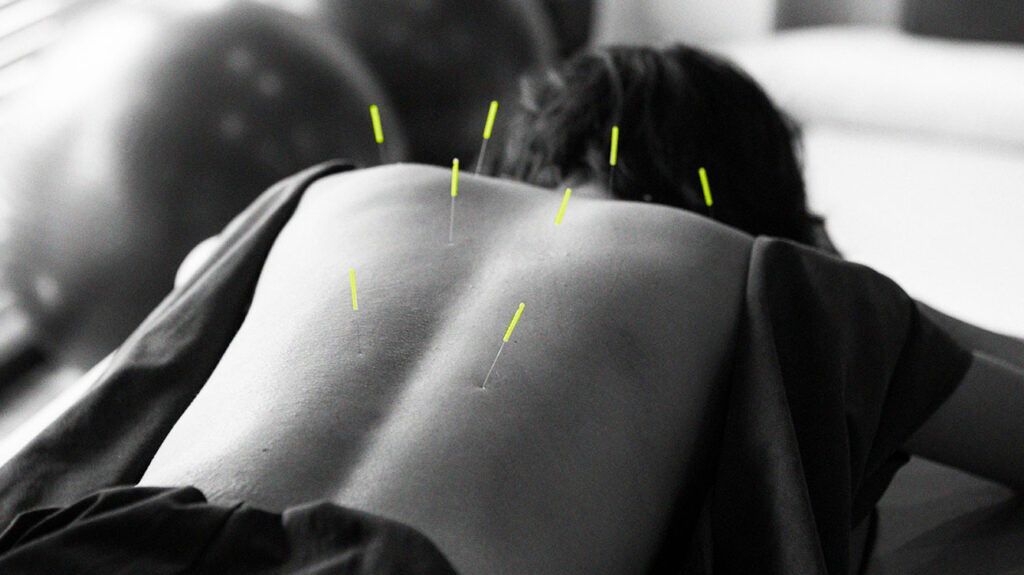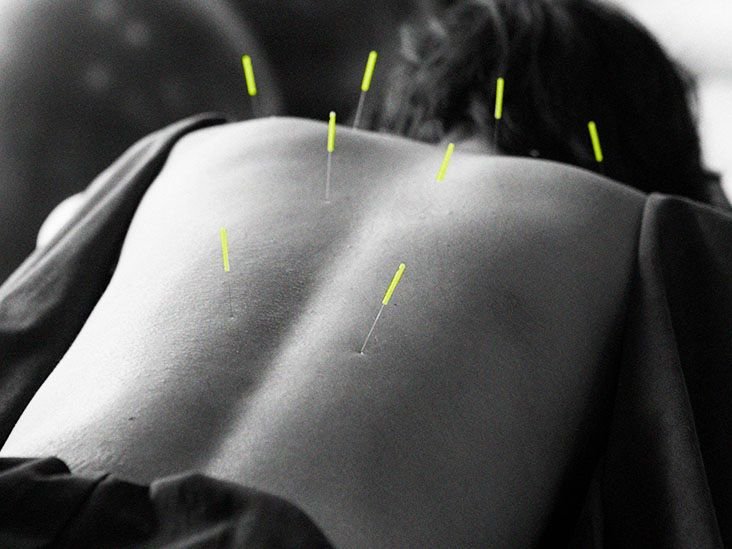
- A new study looked at how acupuncture affects sleep in people with Parkinson’s disease.
- The researchers compared real acupuncture with “sham” acupuncture, in which needles were given without sharp tips or were not inserted completely into the skin.
- At the end of the study, the researchers found that a higher percentage of patients who received real acupuncture experienced improved sleep compared to those who received the placebo treatment.
- Patients who received real acupuncture also experienced improved quality of life due to improved sleep.
Parkinson’s disease is a nervous system disorder that affects movement and can cause cognitive changes. There is no cure for the disease, but there are treatments that can slow its progression and ease its symptoms.
One of the problems many people with Parkinson’s disease face is the difficulty of getting good quality sleep, and lack of sleep can worsen the condition, so China-based researchers recently conducted a study to see if acupuncture could help improve sleep.
Compared to a placebo-style acupuncture, study participants saw improvements in both sleep and quality of life.
The results of the study are:
by
early
Parkinson’s disease worsens over time, but symptoms can be managed with medication, surgical treatments such as deep brain stimulation, and occupational and physical therapy.
Although these treatments can help relieve symptoms, they can also cause Parkinson’s patients to experience poor sleep quality, which can worsen Parkinson’s symptoms and lead to a poorer overall quality of life.
Doctors may prescribe sleeping pills, but these often cause daytime sleepiness, so researchers decided to explore whether acupuncture could help improve sleep quality.
Acupuncture is a form of traditional Chinese medicine that has been around for thousands of years.
- Fibromyalgia
- Sciatica
- Osteoarthritis
- Cancer pain
- Migraine.
According to the authors of the current study, “when used as an adjunct to anti-Parkinson’s medication, acupuncture has been shown to be effective in improving sleep quality and reducing motor symptoms.”
Previous research into using acupuncture to improve sleep quality in people with Parkinson’s disease has been limited, so the researchers in this study wanted to investigate this further in a double-blind clinical trial.
The researchers studied 78 participants aged between 30 and 80. All had moderate to severe sleep problems and were currently taking medication for Parkinson’s disease.
Before treatment, all participants completed the Parkinson’s Disease Sleep Scale (PDSS) questionnaire, which the researchers used to assess the participants’ quality of sleep.
Scientists randomly assigned participants to either a real acupuncture group or a sham acupuncture group, which was a placebo group that did not receive the actual acupuncture.
Participants received 30 minutes of acupuncture treatment three times a week for four weeks. After the four weeks were over, participants completed the PDSS again, and then once more at the eight-week follow-up.
The researchers also administered tests to assess the participants’ motor and non-motor skills and to examine how their disability affected their daily lives.
When the researchers compared the PDSS results between the groups that received real acupuncture and those that received sham acupuncture, they found that the group that received real acupuncture had significantly improved sleep quality.
“Acupuncture provides durable clinical benefit in improving subjective sleep quality in patients with Parkinson’s disease,” the authors write.
Participants in the actual acupuncture group improved their PDSS scores by 29.65 points at the four-week visit, compared with 10.47 points for those in the sham acupuncture group.
Additionally, at 8-week follow-up, participants in the active acupuncture group continued to see improvements in their PDSS results, whereas those in the sham acupuncture group did not.
The researchers found similar results in the overall quality of life of those in the actual acupuncture group: There was a reduction in the severity of both motor and non-motor symptoms compared to baseline scores.
None of the participants experienced any adverse side effects, leading the authors to conclude that acupuncture is a safe and effective adjunctive therapy to improve both sleep quality and quality of life in people with Parkinson’s disease.
Lijana Shestopal, DTCM, LAc, CSMA, is a licensed acupuncturist based in Illinois. Today’s Medical News About the research: Shestopal was not involved in the research.
She commented:
“This is a groundbreaking discovery, given that acupuncture has no side effects and does not interfere with any medications patients are taking.”
Shestopal treats patients with Parkinson’s disease and said the study “will really help the general public understand how helpful acupuncture can be.”
While she stressed how helpful acupuncture can be, she also noted that people need to stick with it and be realistic about their expectations.
“This is not a magic pill that will give you automatic results after one treatment, but over a course of treatment your health will improve in many ways without any side effects,” Shestopal stressed.
Neurosurgeon Raveesh Sankara (MBBS, MS, MCh) from Clinic Spot in Hyderabad, India, also MNT About the findings: Like Shestopal, Sankara was not involved in the recent study.
“Overall, the study of acupuncture for sleep in people with Parkinson’s has the potential to improve patients’ health,” Sankara said. MNT“But further research and overcoming logistical hurdles are needed before it can be widely adopted into standard care.”
Sankara noted that getting this kind of treatment can be difficult for some people: It can be hard to find an acupuncturist with experience treating people with Parkinson’s, he said, and the cost of treatment can be an issue.
“Insurance coverage for acupuncture varies, which can limit patient access,” he warned.
Sankara also stressed that acupuncture for Parkinson’s patients is not meant to replace existing treatments for the disease.
“Acupuncture is not a substitute for traditional medicines for Parkinson’s disease, but can be a complementary therapy,” he advised.

